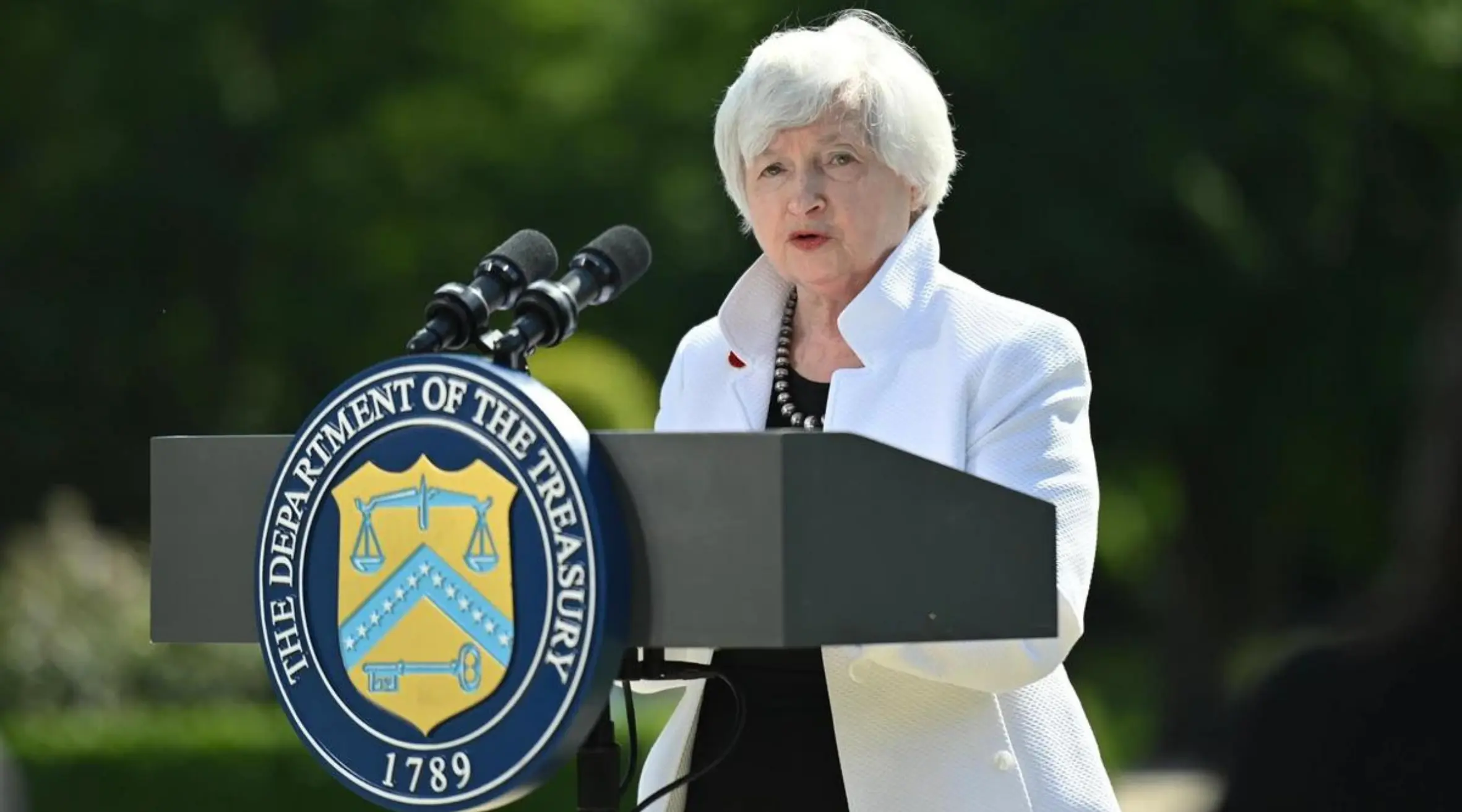USA (Transatlantic Today) – The Biden administration does not support a G20 proposal to impose a global tax on the ultra-rich, preferring instead progressive taxation based on income within the country, US Treasury Secretary Janet Yellen stated on Monday. Yellen told the Wall Street Journal that while the US advocates for progressive taxes where the wealthy pay a larger share of their income, the administration cannot endorse a global agreement to tax billionaires with redistributed profits.
Proposal Faces Challenges Without US Support
According to Vozdeamerica, the global tax plan, aimed at taxing the assets of billionaires, is unlikely to progress without US backing. While some large economies, including France and Brazil, support the initiative, the US stance presents a significant hurdle. The plan’s objective is to prevent the ultra-rich from avoiding taxes by moving their wealth to tax havens.
Contrast with Global Minimum Tax
The United States’ position on a global tax on billionaires contrasts with its support for a global minimum tax on international businesses, for which Yellen helped negotiate a deal early in President Joe Biden‘s term.\
Potential Revenue from Wealth Tax
Economist Gabriel Zucman, director of the EU Fiscal Observatory, highlighted the regressive nature of current global taxation on billionaires, where they pay a lower effective tax rate than average taxpayers. Zucman advocates for international coordination to create a minimum tax standard, estimating that a 2% annual tax on the wealth of approximately 3,000 billionaires could generate around $250 billion annually.
Arguments for a Global Wealth Tax
At the G20 finance ministers’ meeting in February, Nobel Prize-winning economist Esther Duflo supported a 2% tax on billionaire wealth. Duflo argued that the revenue should aid poor nations in their climate change adaptation efforts, emphasizing a “moral debt” owed by wealthy nations and individuals who contribute to climate change through their products and activities.
Economic Justice and Global Cooperation
Brazil’s Finance Minister, Fernando Haddad, emphasized the necessity of international taxation for economic justice. He added that inequality is increasing, and meeting the United Nations Sustainable Development Goals is getting increasingly difficult. Haddad advocated for a new type of globalization based on social and environmental standards, claiming that without international cooperation, the wealthiest will continue to escape national tax systems.
France and IMF Support
French Finance Minister Bruno Le Maire and IMF Managing Director Kristalina Georgieva have backed the global tax idea. Le Maire emphasized the importance of tax efficiency and justice, but Georgieva highlighted the difference in tax contributions between the wealthy and the middle class in many countries. Both advocated for international agreements to address tax loopholes and reduce tax evasion.
The proposed global tax on billionaires faces significant obstacles without US support, despite backing from other major economies and financial institutions. The debate continues as global leaders consider how best to address economic inequality and ensure fair tax contributions from the ultra-rich.a


























